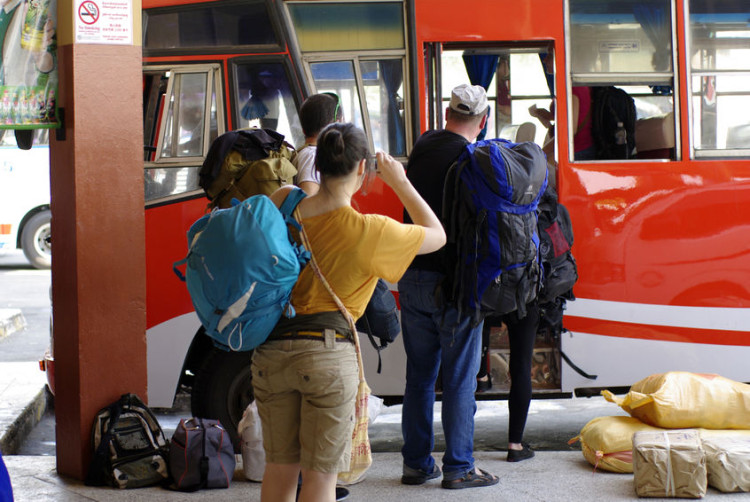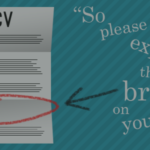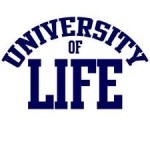5 tips to leverage a gap year for your resume
As students the world over, but particularly in developed economies, finish the last of their exams, we are seeing the start of the Gap Year season. This is a growing phenomenon where generally relatively well off students head off for far flung destinations to travel, gain life experiences and have fun.
Years ago this was the privilege of the very affluent, but now it is routinely a part of a growing number of young people’s lives, when they leave both school and university. For some they can be formative life experiences. For others they are simply staying in their comfort zones in different places.
Safe in familiar company, if not territory, they move between international hostels and Starbucks, on the now notorious “gap yah” track.
Some even recall the iconic gap year movie Before Sunrise making the notion even more romantically enticing.
Benefits
There are benefits. Many people who go to university from school regret their choice of course within the first two years. Taking a gap year can help those who are unsure gain self insight and focus, but can also provide a renewed commitment for academic study and a more focused approach to learning.
Having said that, I have seen many instances where a gap year added no value at all, other than a great international holiday.
We have also observed the same time, a veritable explosion of professional gap year organisers, so the notion of a truly intrepid traveller, is becoming a distant twentieth century memory, as the process becomes commercialized, not to mention, costly. It can cost four figure sums to dig wells in Africa. There is almost a ranking of increasingly obscure and expensive gap year activities, as companies compete for this growing market which is creating a certain amount of gap year snobbery.
One concerned parent asked me how can her daughter leverage a gap year for her resume?
Different levels
I have to be honest and say I have never met a single person who has not enjoyed a gap year. What’s not to like? But as a recruiter and coach I have observed different levels of benefit. For some, the very process of independently managing travel arrangements, meeting new people and seeing new sights and scenes, can be character building. At one time, a gap year was a stand out feature, which recruiters paid attention to in the interview processes. Now, as growing numbers recount generic experiences, it’s getting increasingly hard to feign genuine interest.
Today, when so many entry-level students take gap years, they are becoming less impactful and their contribution to developing a CV has been diluted.
So how can you change that to showcase your experience?
Here are 5 tips to leverage a gap year:
Finance it yourself
It really isn’t that big an achievement if the bank of Mum and Dad buys you a round the world ticket and gives you a monthly allowance to drift from one temple, beach or watering hole to another.
This can be either by working, or other creative means.
Have goals
Reflect about what you want to achieve out of the experience and make sure you do. So many students don’t really think what they want to learn from their time away. They want to drift around and have fun. In some ways that is the lure and beauty of it, especially as going into a structured workplace will come soon enough. But it is still important to set objectives. It might be to learn a language, see specific sights, volunteer or undertake a special challenge.
Research
The press has been filled recently with stories of Eleanor Hawkins, who has just completed a Masters in Aeronautical Engineering and gained international notoriety when she, together with a group of other travellers, posed naked for photographs on the country’s highest peaks in Malaysia, considered by local tribes to be sacred ground. She was imprisoned, fined and unceremoniously deported in front of the worlds’ press. The question has to be asked:
What was she thinking?
An intelligent woman, simply failed to research and be empathetic to the culture of the country she was in. She has to be wondering how this “foolish” behaviour might impact her career. It has certainly tarnished her reputation and brought into question her judgement. Although the public collective memory tends to be short, the incident will show up in any online research on her – forever.
Keep a journal
It’s really important to be mindful of all the experiences. Journaling is an important tool to record all the key and maybe pivotal moments. There are so many ways to do this, blogging or a visual diary is a good way. I have interviewed many entry-level candidates who really have either had no ah-ah moment at all, or if they did were unable to articulate it. And when you do try to come up with something original.
Understand which skills you have acquired
Acquiring new skills or enhancing existing ones is really important so it’s really important to know what they are. They might be: time management, negotiating, budgeting, planning and risk management.
Discovering new cultures and customs; improving language skills and become more globally aware are also helpful.
They should be understood well and conveyed in an impactful way in your CV.





